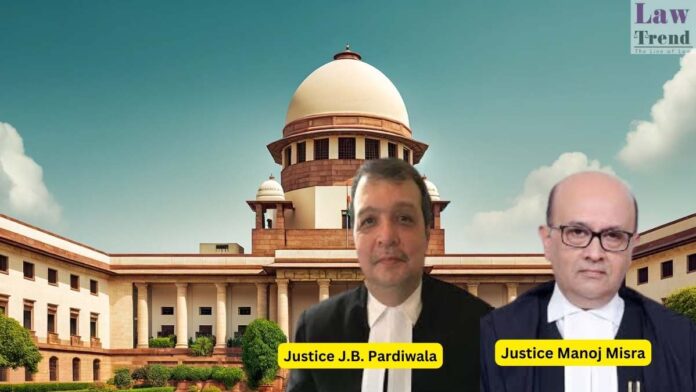The Supreme Court of India, in a judgment delivered on November 13, 2025, held that a company purchasing software to automate its business processes with the objective of maximizing profits is not a “consumer” as defined under Section 2(1)(d) of the Consumer Protection Act, 1986. The bench, comprising Justice J. B. Pardiwala and Justice Manoj
To Read More Please Subscribe to VIP Membership for Unlimited Access to All the Articles, Download Available Copies of Judgments/Order, Acess to Central/State Bare Acts, Advertisement Free Content, Access to More than 4000 Legal Drafts( Readymade Editable Formats of Suits, Petitions, Writs, Legal Notices, Divorce Petitions, 138 Notices, Bail Applications etc.) in Hindi and English.




